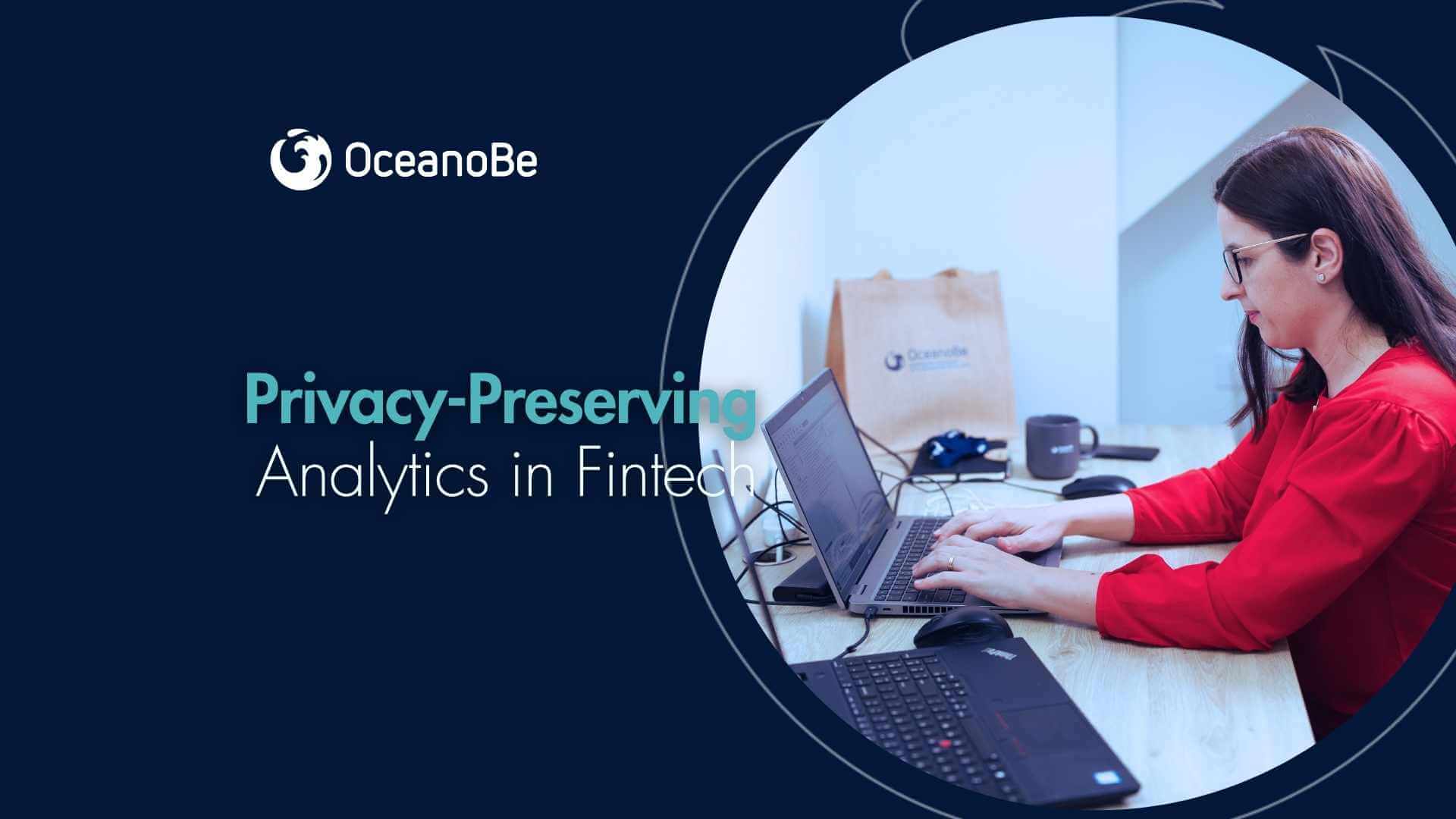How to Build Privacy-Preserving Analytics in Fintech Products
Why Privacy-Preserving Analytics Matters in Fintech
Why Privacy-Preserving Analytics Matters in Fintech

Enable safe, compliant insights in fintech. Learn how differential privacy, secure enclaves, and federated learning power privacy-preserving analytics.
In financial services, data is both an asset and a liability. The ability to extract insights from user behavior, transaction flows, or fraud detection patterns is critical—but so is ensuring that customer data remains confidential and compliant with strict regulatory standards.
That’s where privacy-preserving analytics comes in. By combining techniques like differential privacy (DP), secure enclaves, and federated learning (FL), fintech organizations can perform advanced analytics without exposing sensitive information.
Traditional data analytics pipelines often involve centralizing sensitive financial data in large data lakes. While effective for modeling, this approach creates:
A privacy-preserving approach allows data-driven growth without compromising compliance.
Differential Privacy ensures that the inclusion or exclusion of any single user’s data does not significantly affect analytic outputs. In practice, this means adding statistical noise to datasets to mask individual patterns, using privacy budgets (ε, epsilon values) to quantify the strength of protections, and applying these techniques in areas such as transaction trend analysis—where insights can be extracted without exposing user-specific details.
Secure Enclaves are isolated execution environments within processors that protect sensitive data even when the operating system or application layer is compromised. They allow financial institutions to run analytics on encrypted data without decrypting it, ensuring that personally identifiable information (PII) never leaves its protected state. For example, customer transaction histories can be processed for fraud detection while the raw data remains inaccessible to developers, administrators, or external threats.
Federated Learning distributes machine learning model training across multiple devices or servers without centralizing the raw data. Each participant trains the model locally on their dataset, and only model updates—not sensitive information—are shared back with the central system. This approach is particularly powerful in fintech, where banks and financial service providers can collaborate to improve fraud detection models across institutions while maintaining strict compliance with data privacy regulations.
Tech Stack:
Data frameworks: TensorFlow Federated, PySyft, OpenMined.
Privacy libraries: Google’s DP library, IBM Diffprivlib.
Secure enclave support: Intel SGX SDK, AWS Nitro.
Performance trade-offs: Privacy layers add computational overhead—benchmark for latency.
Governance: Maintain auditable logs of analytic queries for compliance.
Testing: QA teams must validate that anonymization holds under different query types (e.g., no re-identification leaks).
Regulatory compliance – reduces risks of non-compliance fines.
Customer trust – builds stronger relationships with privacy-conscious users.
Innovation without risk – enables fraud models, credit scoring, and personalization while keeping regulators satisfied.
Privacy-preserving analytics isn’t just a defensive strategy; it’s a competitive advantage in fintech.